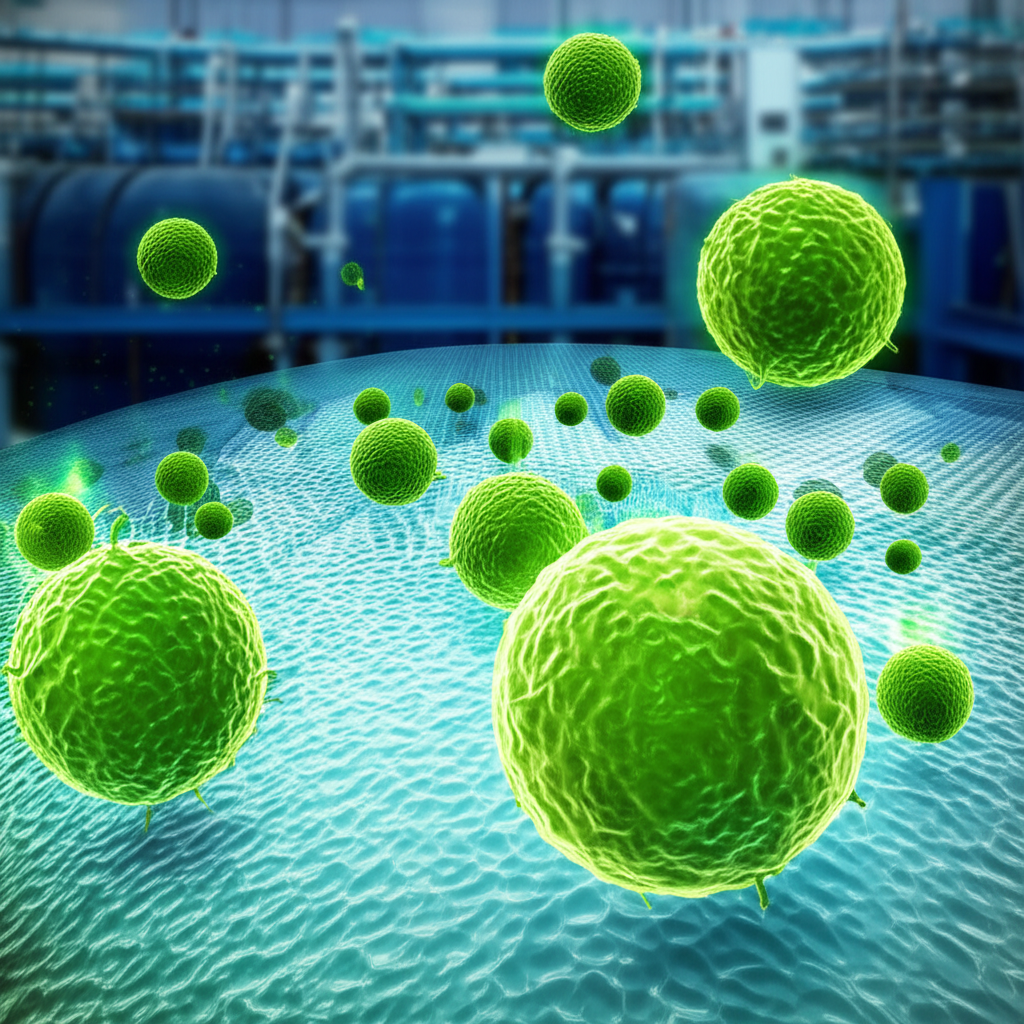Imagine a world where water purification is more efficient, cost-effective, and environmentally friendly. Researchers at Universiti Teknologi Malaysia (UTM) are exploring how naturally derived molecules can help solve a major hurdle in membrane technology: biofouling. Biofouling, the accumulation of microorganisms on membrane surfaces, significantly reduces the efficiency and effectiveness of membrane-based separation processes used in water treatment and other industries.
This research focuses on the potential of biomolecules, specifically polysaccharides, fatty acids, and enzymes, to create antibacterial and antibiofouling membranes. These membranes are designed to resist the growth of bacteria and other microorganisms, thus preventing biofouling and maintaining optimal performance. The research examines the properties, advantages, and limitations of using these biomolecules, as well as their development and performance in various membrane applications.
Previous research has explored various methods to combat biofouling, including chemical treatments and surface modifications. While effective, these methods can sometimes have negative environmental impacts or be costly to implement. For example, studies have investigated the use of chlorine and other biocides to control microbial growth on membranes, as well as the application of surface coatings to prevent adhesion. The work at UTM stands apart by focusing on biomolecules, potentially leading to more sustainable and biocompatible solutions.
The significance of this research lies in its potential to optimize membrane performance. By reducing biofouling, these biomolecule-enhanced membranes could lead to increased operational efficiency, improved water quality, and lower operational costs. Think of it like this: a clean, unobstructed pipe allows water to flow freely, whereas a clogged pipe restricts flow and requires more energy to pump water through. Similarly, a membrane free from biofouling performs optimally, requiring less energy and producing cleaner water.
This research concludes that antibacterial polysaccharides and enzymes hold great promise for enhancing the antibacterial properties of membranes. The team at UTM has outlined future research directions that focus on striking a balance between strong antibacterial action and preserving essential membrane surface properties. The ultimate goal is to create eco-friendly membranes that are both effective at preventing biofouling and environmentally responsible. The work at UTM paves the way for next-generation membrane technologies that are more sustainable and efficient.
DOI: https://doi.org/10.1016/j.envres.2025.121861


